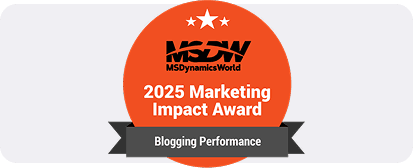Microsoft Dynamics 365 Pricing and Licensing UK: All You Need To Know
Everything you need to know about Dynamics 365 pricing & lic
ERP Implementation: How A Partner Can Make All The Difference
For new and small businesses, ERP implementation is consider
.png)

